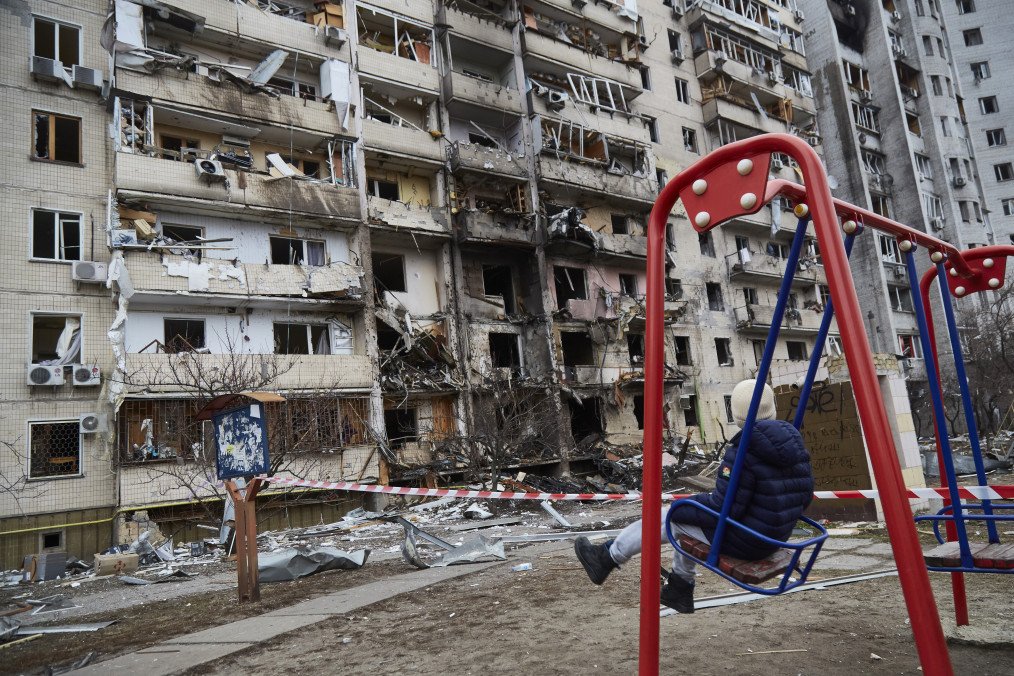As Ukraine prepares for a third winter of Russian war against Ukraine, the country is grappling with a significant mental health crisis. According to the World Health Organization (WHO), approximately ten million Ukrainians may experience varying degrees of mental health issues, ranging from mild to severe.
According to ITV, a recent study by the Olena Zelenska Foundation indicates that around 44% of Ukrainian children show signs of post-traumatic stress disorder (PTSD). However, mental health charity Beyond Conflict estimates that this figure could be as high as 80%.
Edna Fernandes, founder and executive director of Beyond Conflict, highlighted the alarming reality: “These statistics are both harrowing and disturbing but sadly unsurprising.” She referred to an international panel event co-hosted by the charity, where an expert from Ukraine’s PTSD taskforce revealed that many children are suffering from symptoms that can manifest as panic attacks, depression, self-harm, and suicidal thoughts.
The ongoing Russian war against Ukraine has contributed to a substantial increase in mental health complaints among the population. Data from the Ukrainian Health Ministry shows that about 300,000 individuals sought help for mental health issues in the first seven months of 2024. Of those, 42,458 were children under 17. The most commonly reported issues include anxiety, sleep disorders, depression, and memory impairment.
Despite these challenges, Ukraine’s national mental health program, led by First Lady Olena Zelenska and supported by WHO, has been expanding rapidly. However, the demand for services far outstrips supply. Kateryna Bulavinova, a UNICEF medical expert in Ukraine, noted that anxiety among the population is exacerbated by the uncertainty of continued war and loss.
The stigma surrounding mental health remains a significant barrier to seeking treatment. Valeria Kovtun, a Ukrainian misinformation specialist, pointed out that many older generations struggle to articulate their emotions, a situation influenced by the legacy of the Soviet era. This cultural context can lead to underreporting of mental health issues, making it difficult for individuals to identify and express their feelings.
As the Russian war against Ukraine continues, various charities advocate for prioritizing mental health on both the battlefield and in civilian spaces. Solutions proposed include establishing Community Mental Health Teams (CMHTs), which would consist of psychiatrists, psychologists, social workers, and nurses. Organizations like Beyond Conflict are also utilizing innovative approaches such as music and art therapy to support those affected by trauma.
While there has been a gradual shift in attitudes toward discussing mental health, with some individuals beginning to seek support, the available resources are still limited compared to the overwhelming need. Fernandes emphasized that addressing the psychological impacts of conflict is essential for achieving lasting peace.
UNICEF reports a slight reduction in stigma around mental health discussions, with more individuals moving away from dismissive attitudes and towards seeking help. However, the gap between the need for mental health services and what is currently available remains vast, prompting calls for increased investment in mental health care.



-72b63a4e0c8c475ad81fe3eed3f63729.jpeg)




